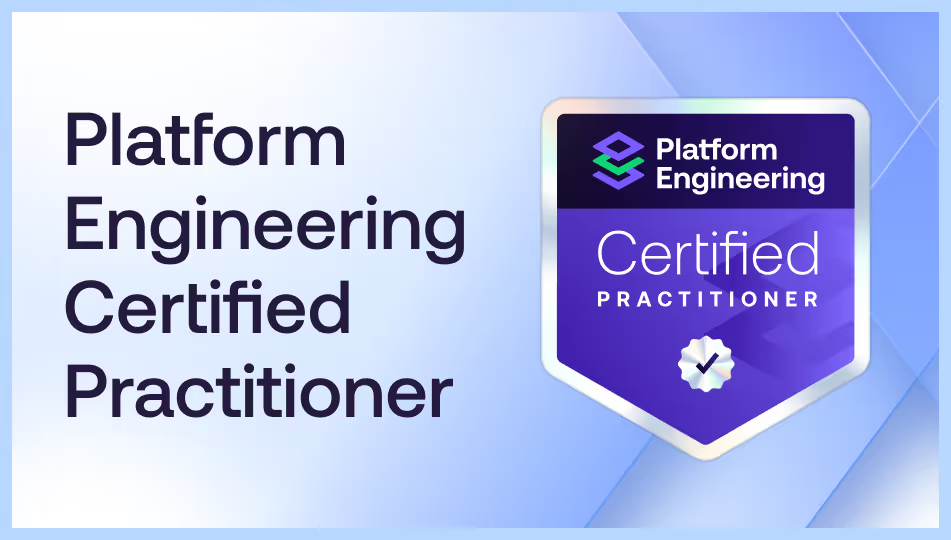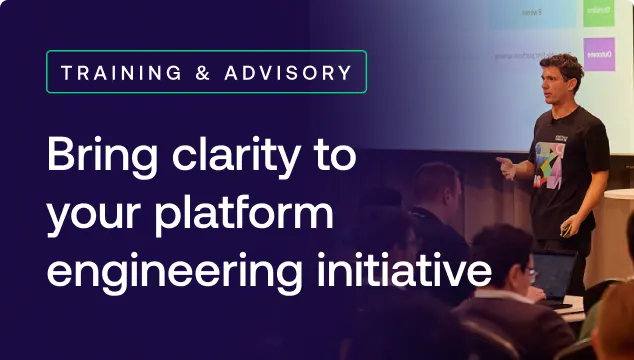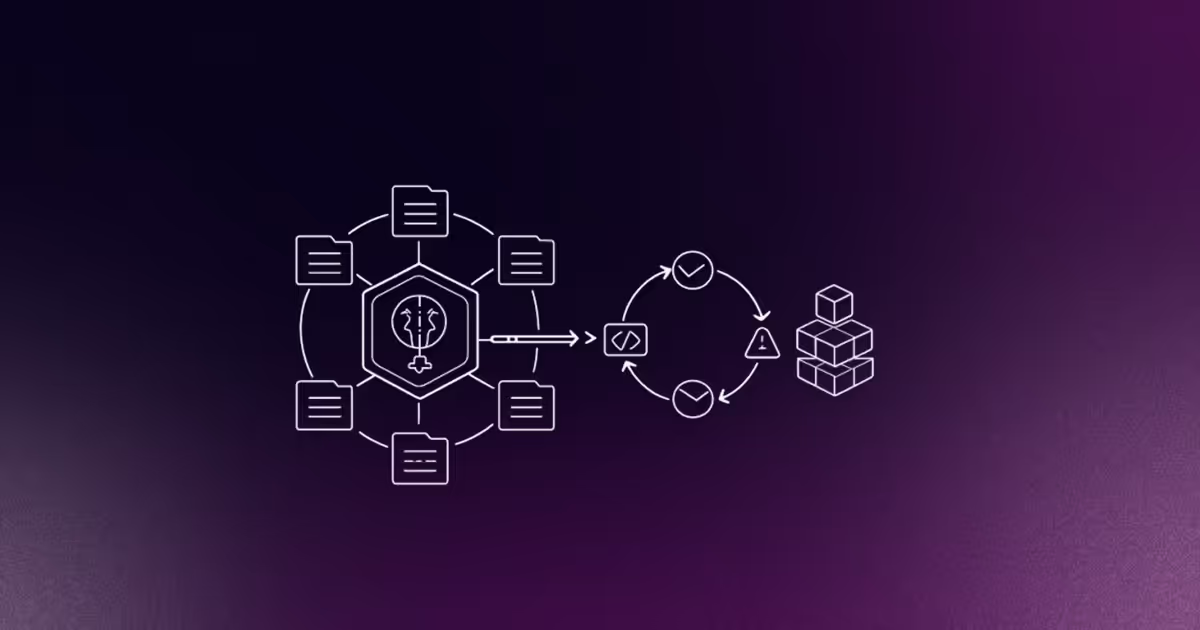The State of Platform Engineering Volume 3 has officially launched. It was created by interviewing hundreds of platform engineers, platform teams, and DevOps practitioners from the Platform Engineering community. The report details where the industry currently stands, how it has grown, and what we might expect going into 2025.
We surveyed 281 platform teams about platform maturity, AI usage, years of experience, and more. And, as the main event for many, we spoke to an additional 450+ practitioners about Platform Engineering vs. DevOps salaries. Let’s dive into our 5 key takeaways.
The platform engineering hype is far from over
We like to use the growth of this community as a handy metric for gauging the growth of the discipline as a whole. You can track an almost perfect correlation between the number of platform engineering job titles on LinkedIn, search results on Google, and members of the community interacting with PlatformCon, the communities annual platform engineering conference.

At the same, it is not just community growth that demonstrates the continual increase in platform engineering as a discipline. 2024 was the year that platform engineering took the analyst world by storm, appearing on more than 10 different Gartner hype cycles. This is almost a 5x increase in analyst interest from this time last year. There is also now an entire hype cycle dedicated purely to platform engineering.

Interestingly, at the same time, infrastructure platform engineering, the key new subdiscipline, showed up on 8 Hype Cycles, e.g. for Cloud Computing, SRE, Infrastructure, and Operations or I&O Automation.
AI platform engineering still doesn’t matter (kinda)
We asked the simple question to our platform engineering audience, “Are you using AI in your work?”. The answer might surprise you, especially if you are quite active in the platform engineering community.
If you’ve been a keen user of the community Slack over the last year, you have seen a major uptick in conversations around AI. It’s even in the top 3 most-used keywords in the community!
We can also confirm that close to 40% of all submissions to do one of our weekly webinars were on AI.
So why is it that less than 15% of respondents say they’re using it a lot?

One thing we can be sure of is that the hype around AI platform engineering hasn’t quite delivered on the expectations. However, we’ll caution those who think AI will have nothing to add to platform engineering to remember Bill Gates's famous quote, “Most people overestimate what they can do in one year and underestimate what they can do in ten years” Hype often operates the same way.
45% of teams don’t measure at all
This data in this year's report highlights the shocking state of platform engineering metrics. Almost 45% of platform teams surveyed report that they “do not measure” at all. This begs the question, of how they expect to prove value, get stakeholder buy-in, and overall build and run a successful platform.

This number also reveals another crucial issue. The survey also asked respondents, “To what extent have metrics improved since implementing the platform”, and to this question, 26.64% answered honestly that “I don’t know.”
When looking at the figure above, and comparing it with the figure below, this reveals an 18.03% discrepancy between organizations reporting they do not measure any success metrics (44.67%) and those who do not know to what extent metrics changed since they introduced platform engineering (26.64%).
How are those 18% judging that their metrics have improved if they do not measure?
Platform engineers are old, but platform teams are young
For anyone who has participated in one of our events, especially those in person or one of our courses, it’ll come as no surprise to you that platform engineers are a senior bunch. The data reveals that less than 5% of respondents to the survey have less than 2 years of experience. Almost 47% have over 11 years of experience, with 28.11% of the total amount of survey takers having 16+ years of experience.
The platform engineering community, and platform engineering as a discipline are not a new engineer’s game. The community is overwhelmingly incredibly seasoned and experienced.

This immense experience contrasts with another fascinating finding from the report. The number of platform teams that have existed for less than two years is 55.84%. This is not too surprising a data point when we think about the incredible growth in hype and attention in the discipline since 2022. However, as discussed above it highlights another interesting correlation between community growth and the growth in attention on the discipline as a whole.

At the same time, almost 25% of platform teams were established in the last 12 months. We will be watching this incredibly closely over the next year to see how this trend continues.
Platform engineering salary vs DevOps salary
According to the data from our respondents, platform engineers earn an average of $193,412, while DevOps earn around $152,710, this is around a 26.6% difference in salary. In Europe, the trend is similar however the gap is slightly closer, though with significantly lower numbers. European Platform engineers earn $118,028 on average, compared to $96,132 for DevOps roles, which is roughly a 22.78% difference.

One important element is that though the gap is still considerable, it does appear to have tightened in North America in the last year. The State of Platform Engineering Volume 2 which was released in November of 2023 highlighted an almost 42.5% difference in salary between North American platform engineers and DevOps. In Europe however, the gap grew from 18.64% in 2023 to 22.78% today.
Despite this gradually closing gap in North America, it is clear that platform engineering continues to offer an immense premium above DevOps. And with the number of platform engineering jobs, initiatives and focus from leading organizations continuing to grow, it is unlikely that this gap will close anytime soon.
What next?
This was just 5 short highlights from 44 pages of insights. The report covers far more than just measurement and dived into not just every area of platform maturity, but also the kinds of tooling that teams are using to build their platforms.
You can download and read the full State of Platform Engineering Vol 3 report here, or if you want to get actionable insights to help your platform engineering career or initiative take a look at our courses and trainings. There is no better way to navigate the wide world of platform engineering.













